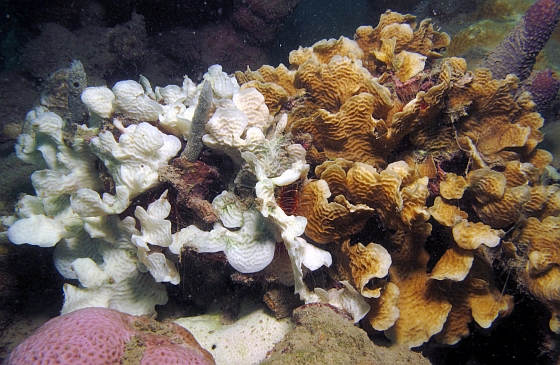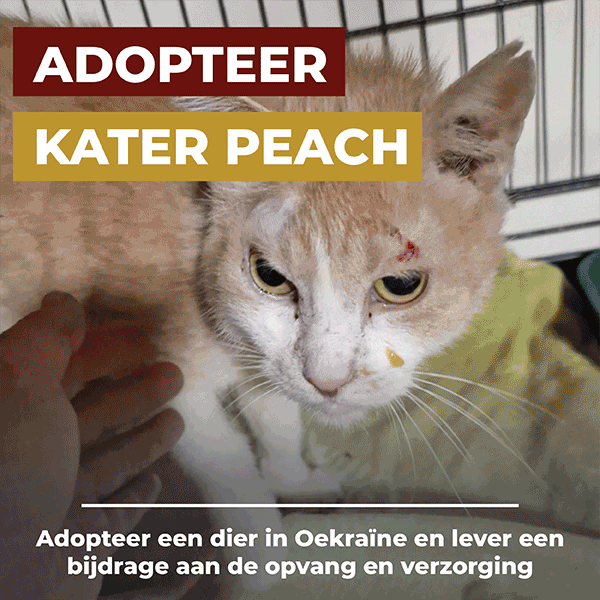Dat is de bevinding van een team marien biologen, die onderzoek doet naar de invloed van klimaatverandering op groei van koraal.

Extreme temperatuurwisselingen duizenden jaren geleden zorgden voor een complete stop in koraalgroei, wat 2 millennia lang duurde. Deze conclusie maakt zorgen voor de aanpak van de oorzaken die huidige klimaatveranderingen veroorzaken des te belangrijker.
Richard Aronson, onderzoeksleider en verbonden aan het Florida Institute of Technology (FIT), vertelde in een radio-interview:
“It’s important because it tells us that when bad things happen to reefs, it can shut them down for a long period of time. Our biggest mystery, then, was to figure out what exactly had happened, and we were able to pin that shutdown of reefs on climate and, in particular, the variability of the El Nino southern oscillation, of which El Nino events are a part.”
Dood koraal zakt in elkaar en zorgt er zo voor dat het rif plat wordt.
Aronson:
“That means it doesn’t have the cavities and crevices that fish and octopuses and conches and crabs and all the other inhabitants of the reef depend on, so they go away. So what you’re left with is essentially a pile of rubble that can be covered with algae or just covered by sand, as compared to a vibrant reef with coral branches growing everywhere and lots of things living in it.”
Aronson zegt dat het nog niet te laat is om klimaatverandering en verzuring van de oceaan om te draaien door CO2-emissie terug te dringen:
“The window is closing, but it’s still open. Now is the time to act and this is certainly not the time to give up and say it’s all over. This is the time we need to be fighting the hardest to save coral reefs and all the other natural habitats on the planet.”
De onderzoeksresultaten zijn verschenen in de laatste uitgave van Science.
Bron ©PiepVandaag.nl




